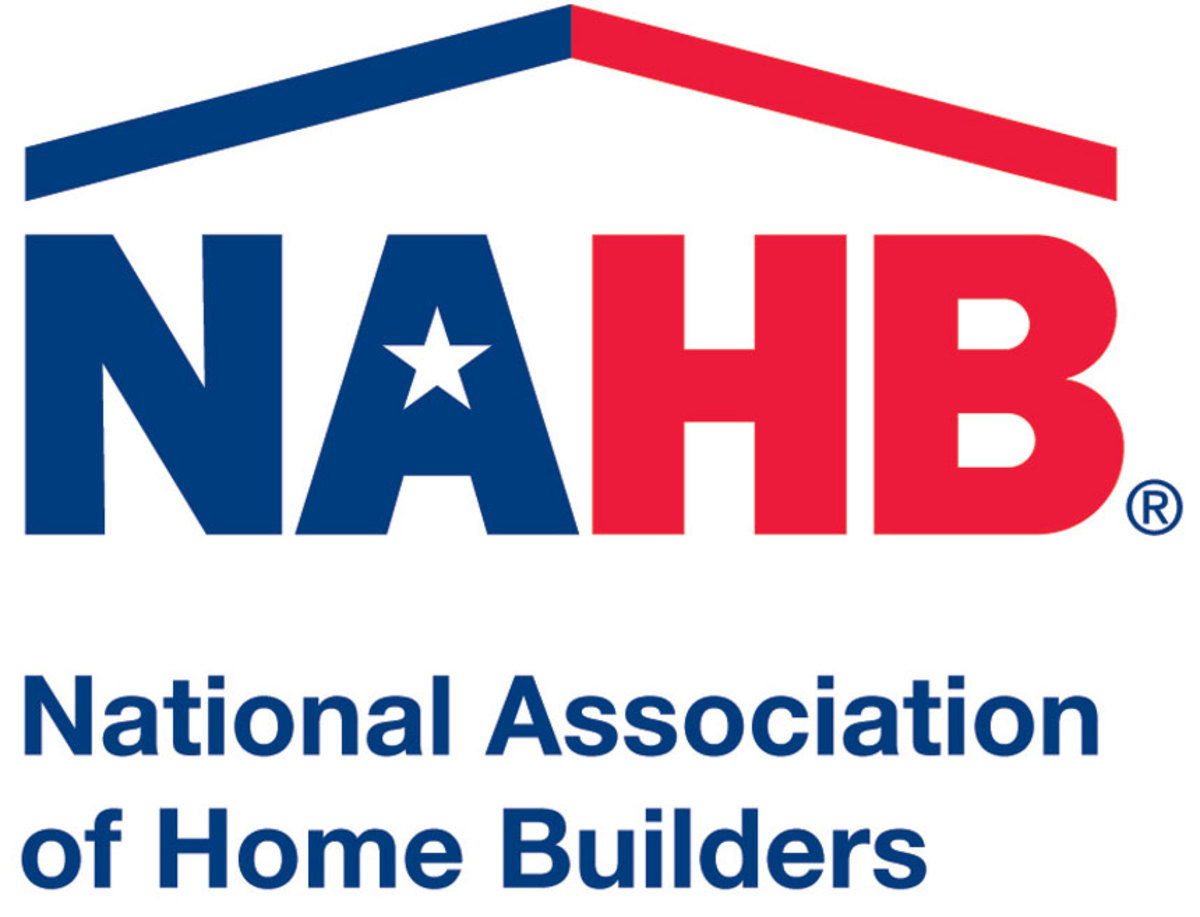NAHB: Strong Demand Boosts Builder Confidence Despite Supply Chain Disruptions
However, building material price increases and bottlenecks persist and interest rates are expected to rise.
 Strong consumer demand helped push builder confidence higher in October despite growing affordability challenges stemming from rising material prices and shortages. Builder sentiment in the market for newly built single-family homes moved four points higher to 80 in October, according to the NAHB/Wells Fargo Housing Market Index (HMI) released today.
Strong consumer demand helped push builder confidence higher in October despite growing affordability challenges stemming from rising material prices and shortages. Builder sentiment in the market for newly built single-family homes moved four points higher to 80 in October, according to the NAHB/Wells Fargo Housing Market Index (HMI) released today.
“Although demand and home sales remain strong, builders continue to grapple with ongoing supply chain disruptions and labor shortages that are delaying completion times and putting upward pressure on building material and home prices,” said NAHB Chairman Chuck Fowke.
“Builders are getting increasingly concerned about affordability hurdles ahead for most buyers,” said NAHB Chief Economist Robert Dietz. “Building material price increases and bottlenecks persist and interest rates are expected to rise in coming months as the Fed begins to taper its purchase of U.S. Treasuries and mortgage-backed debt. Policymakers must focus on fixing the broken supply chain. This will spur more construction and help ease upward pressure on home prices.”
Derived from a monthly survey that NAHB has been conducting for 35 years, the NAHB/Wells Fargo HMI gauges builder perceptions of current single-family home sales and sales expectations for the next six months as “good,” “fair” or “poor.” The survey also asks builders to rate traffic of prospective buyers as “high to very high,” “average” or “low to very low.” Scores for each component are then used to calculate a seasonally adjusted index where any number over 50 indicates that more builders view conditions as good than poor.
All three major HMI indices posted gains in October. The index gauging current sales conditions rose five points to 87, the component measuring sales expectations in the next six months posted a three-point gain to 84 and the gauge charting traffic of prospective buyers moved four points higher to 65.
Looking at the three-month moving averages for regional HMI scores, the Midwest rose one point to 69, the Northeast held steady at 72, the South and West each remained unchanged at 80 and 83, respectively.
HMI tables can be found at nahb.org/hmi. More information on housing statistics is also available at Housing Economics PLUS (formerly housingeconomics.com).
















